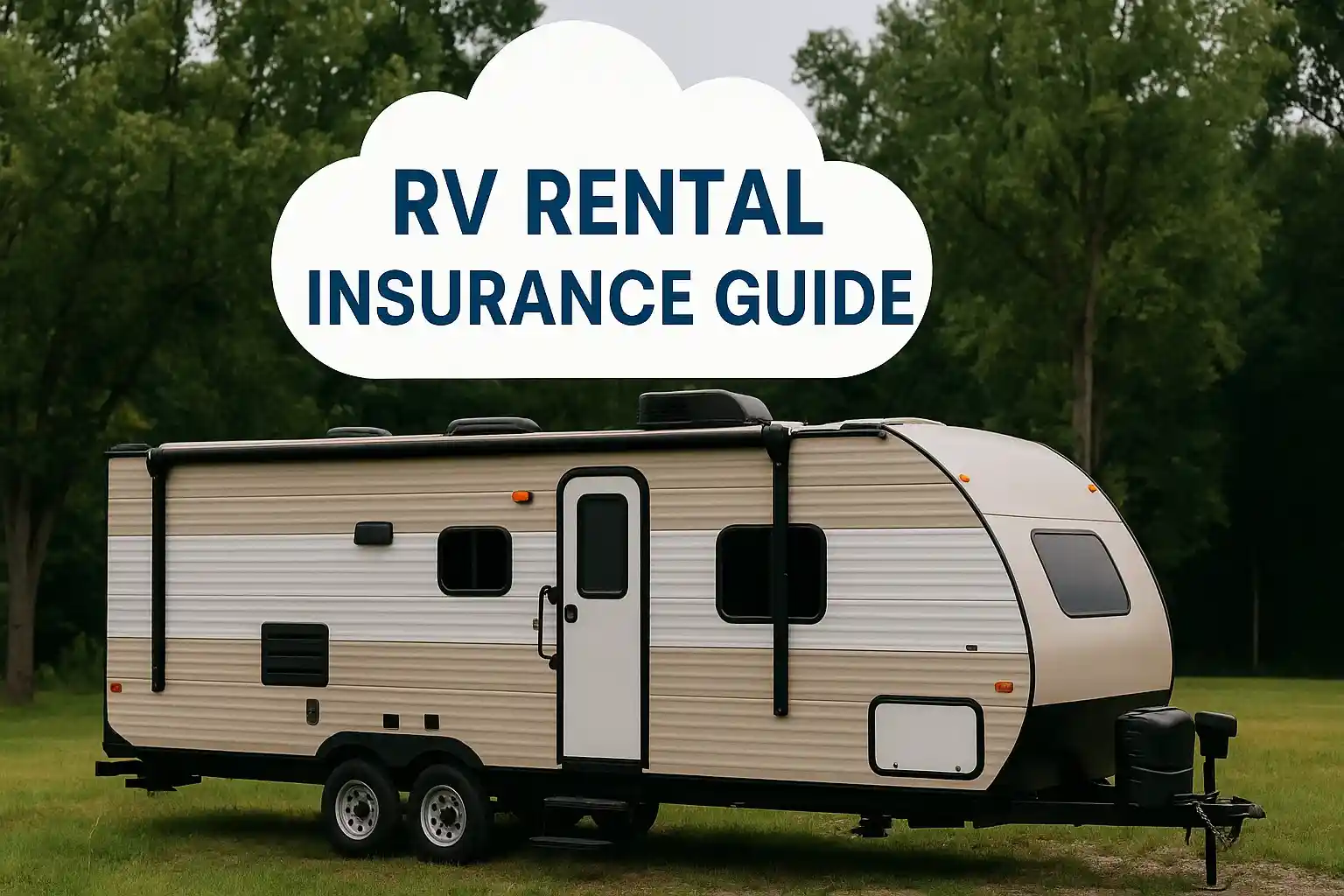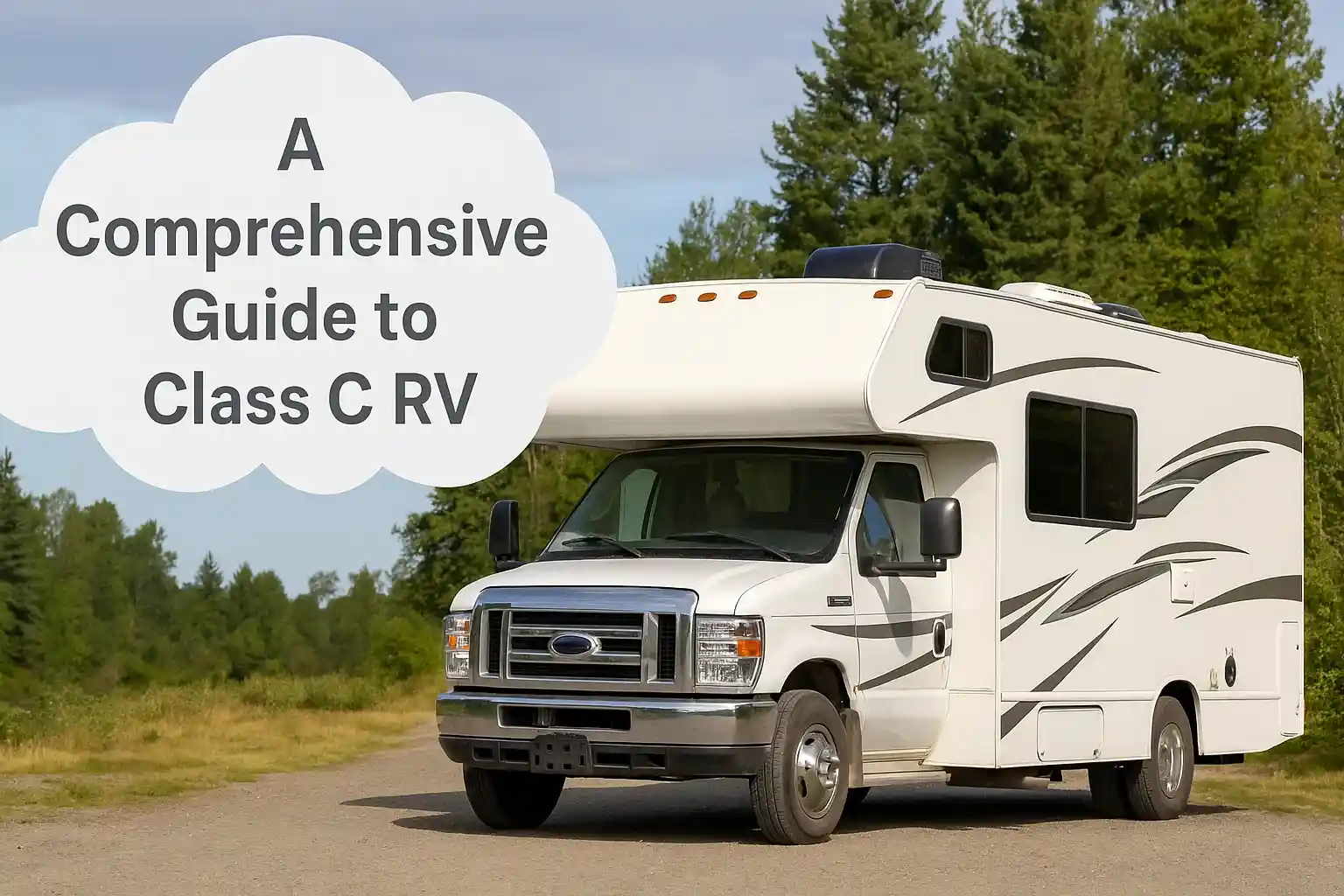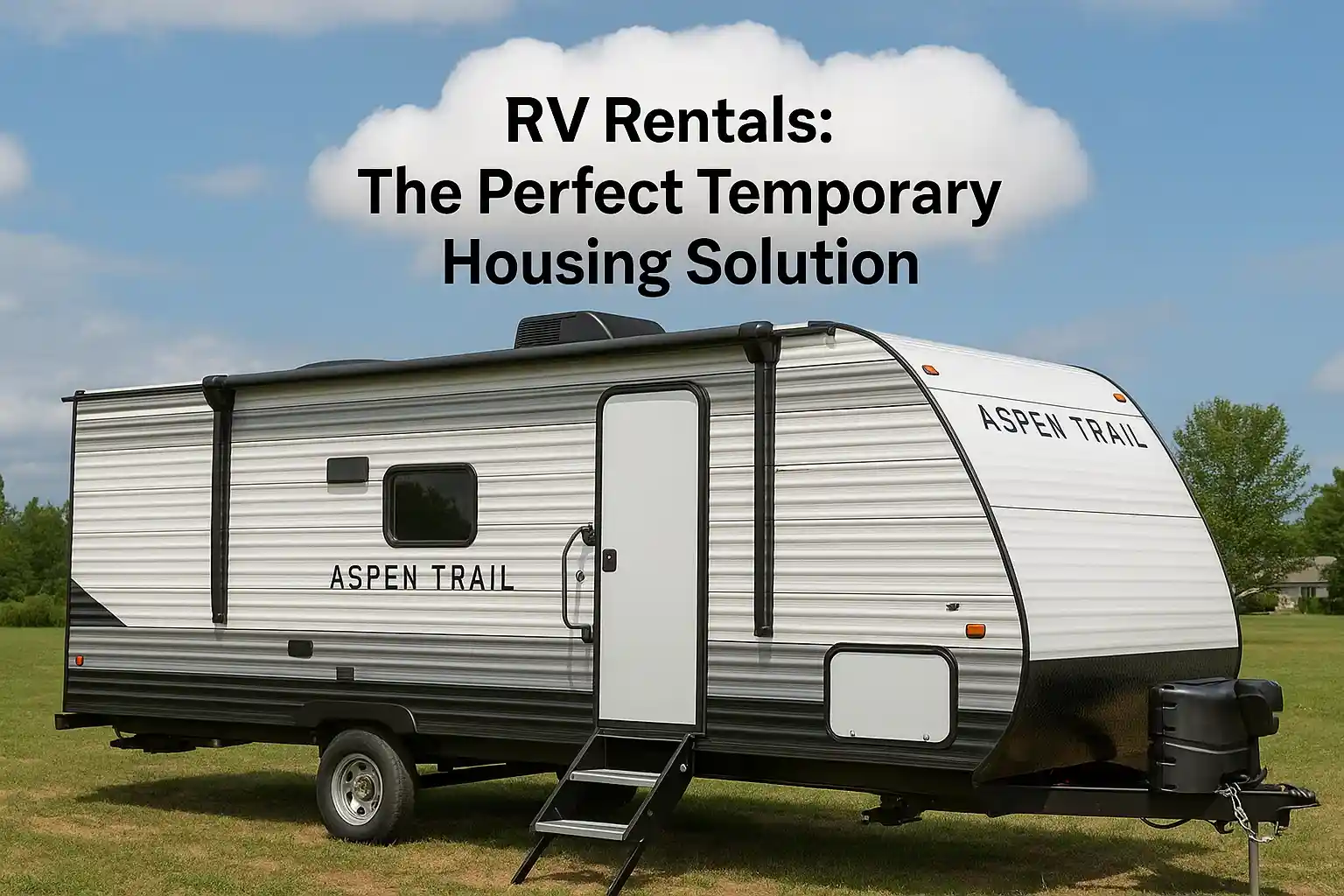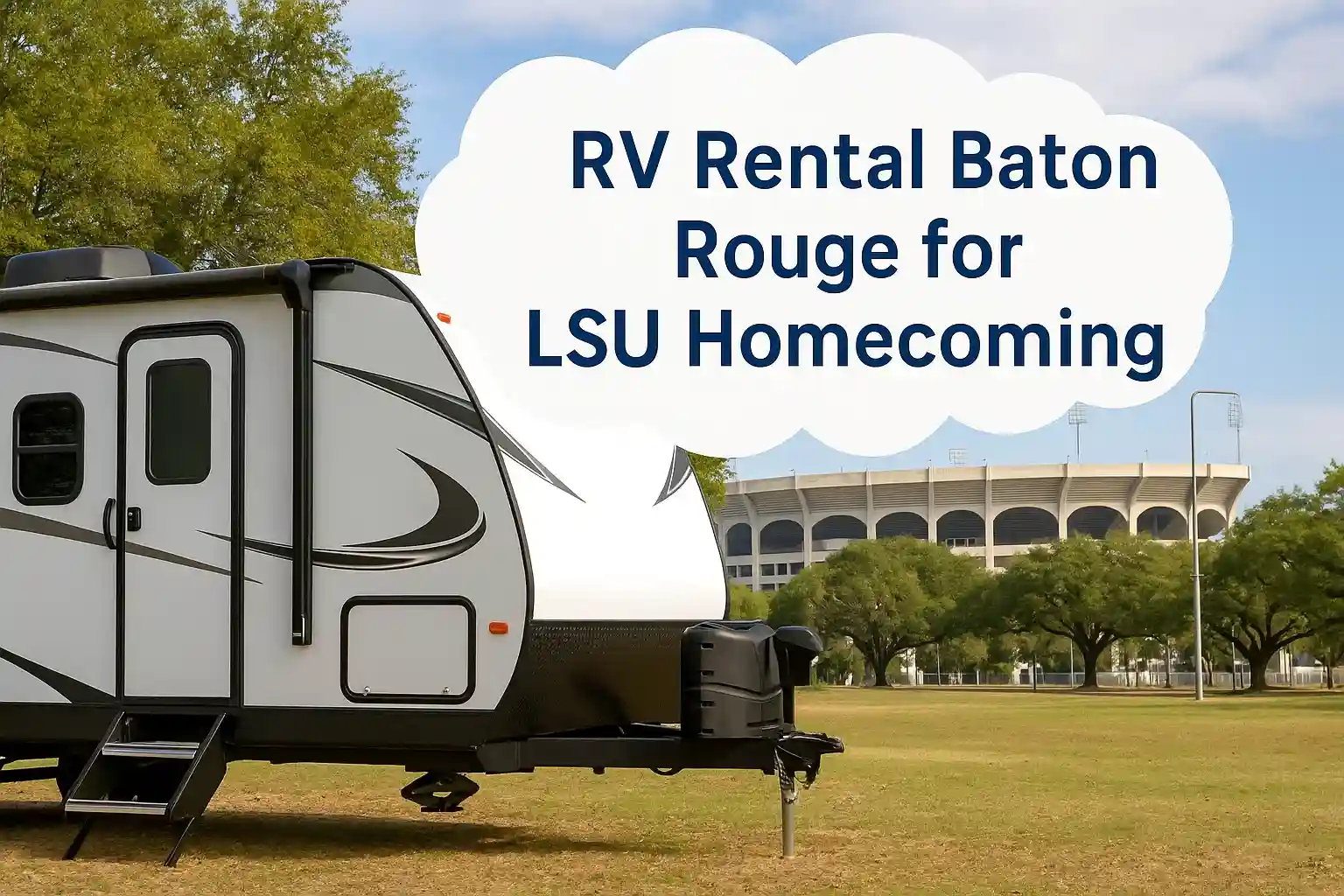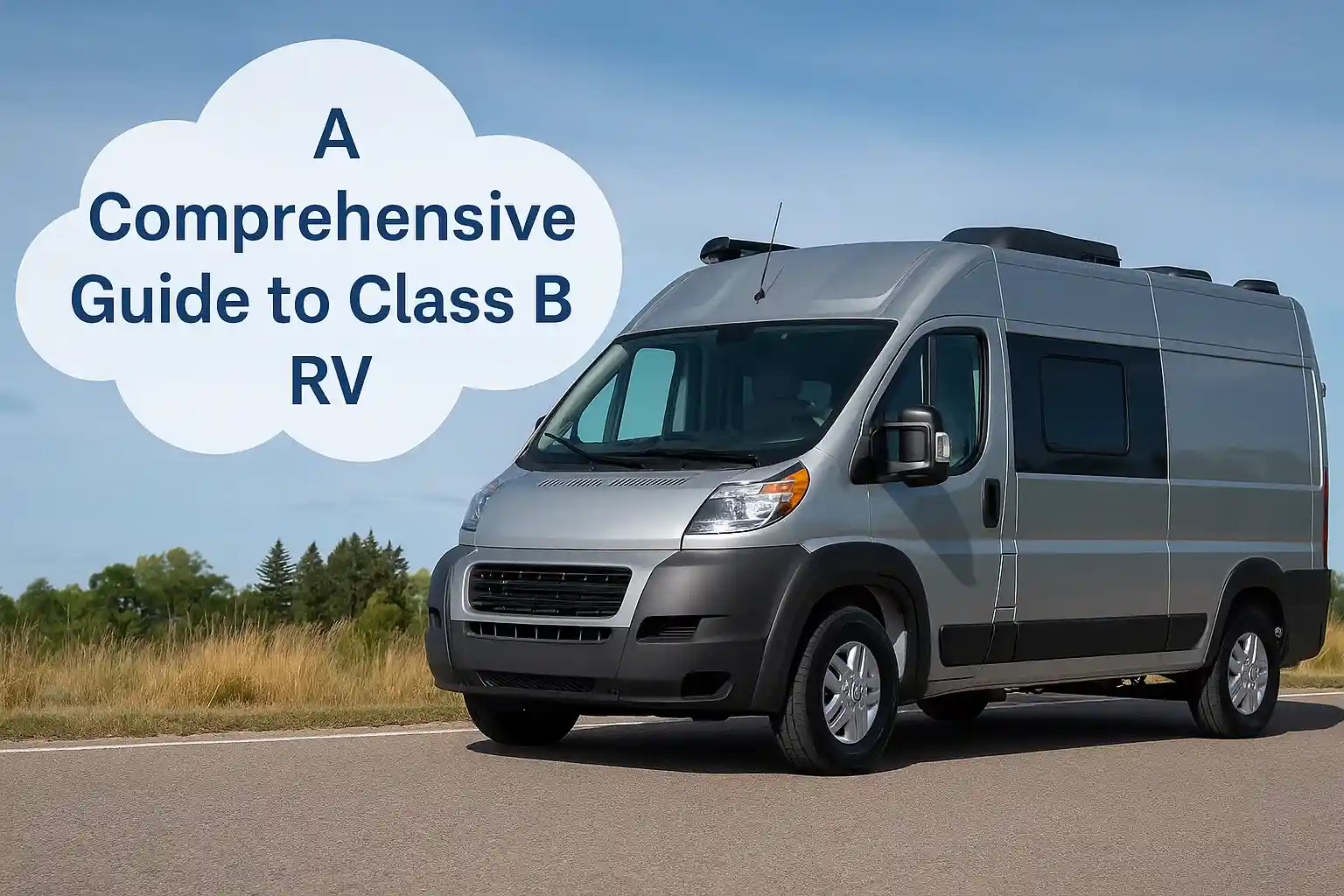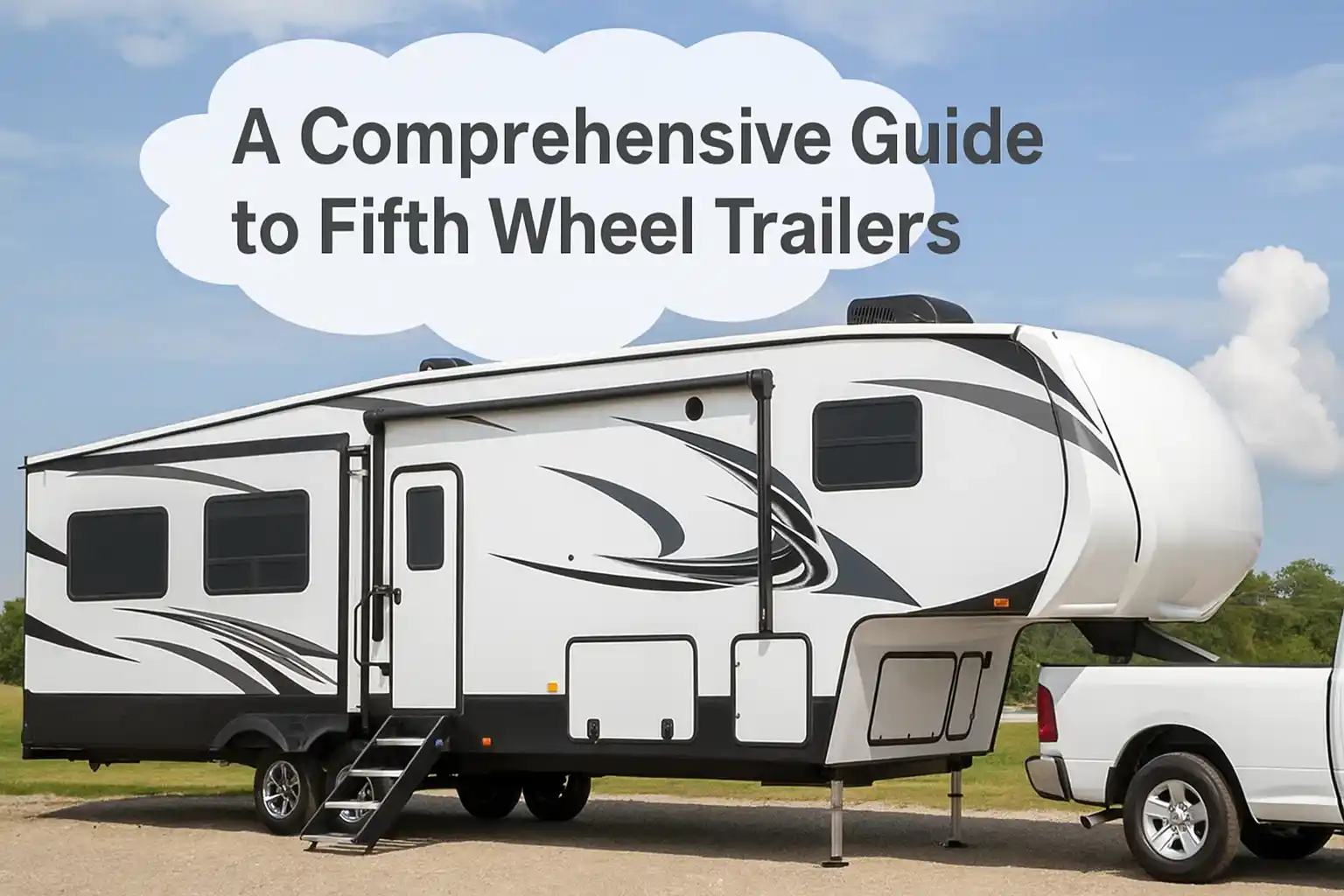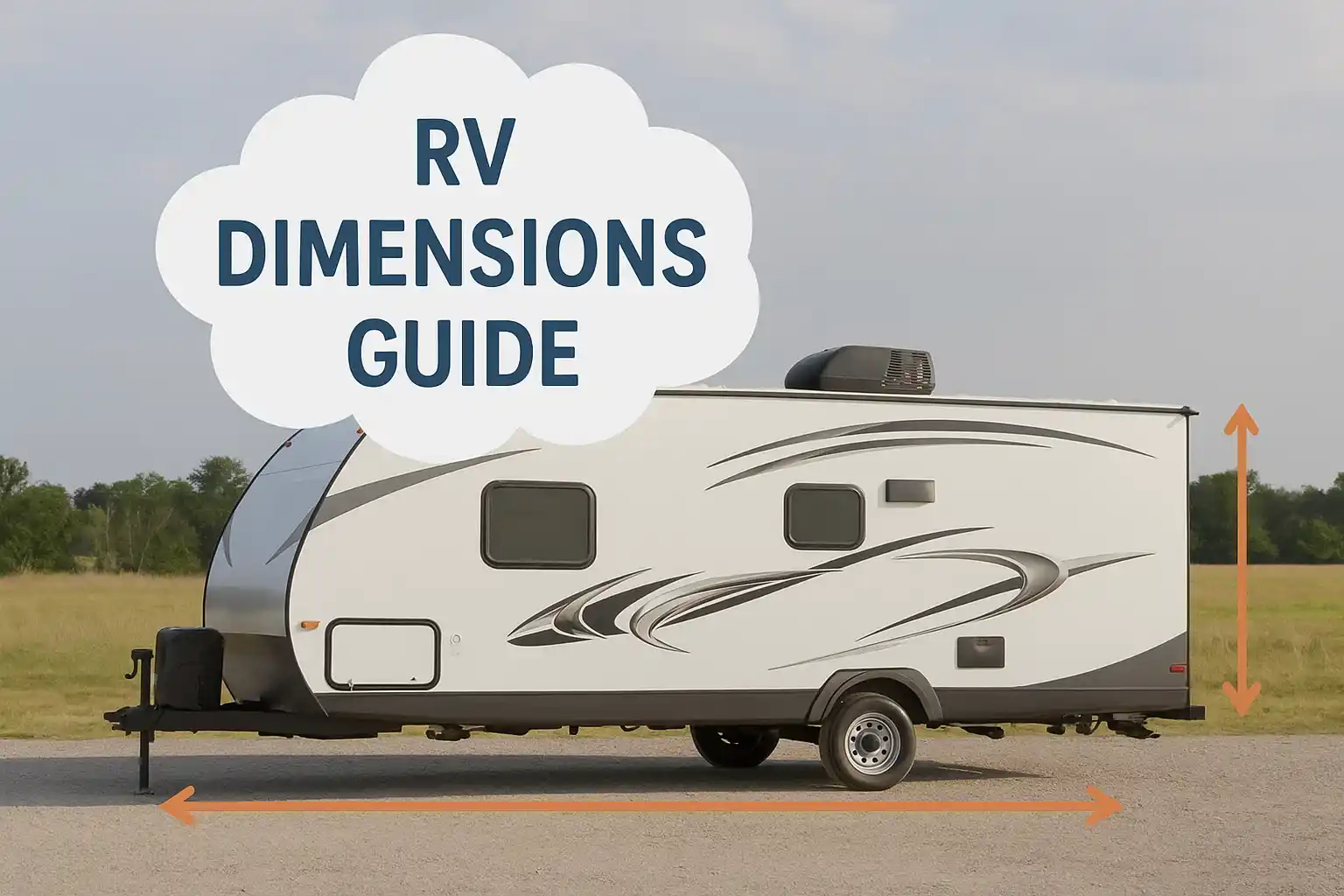Renting an RV is one of the most flexible and enjoyable ways to travel, whether you’re planning a family road trip, attending a festival, or exploring the scenic highways of Louisiana. But before you hit the road, there’s one detail you can’t afford to overlook—RV rental insurance.
RV rental insurance provides financial protection against accidents, damage, or unexpected incidents that can occur during your trip. Unlike standard auto insurance, it is tailored specifically for recreational vehicles, covering unique risks such as interior damage, travel trailer towing, and even temporary policies for short-term rentals.
In this comprehensive guide, we’ll break down everything you need to know—from RV rental insurance cost and coverage options to temporary RV insurance, travel trailer rental insurance, and what to consider if you’re booking a camper rental in Louisiana. By the end, you’ll know exactly how to choose the right insurance policy to protect your trip, your budget, and your peace of mind
What is RV Rental Insurance
RV rental insurance is a specialized form of coverage designed to protect both the renter and the RV owner during a rental period. Unlike traditional car insurance, which only covers standard automobiles, RV rental insurance addresses the unique risks associated with recreational vehicles, such as interior damage, higher repair costs, and liability for larger vehicles on the road.
At its core, RV rental insurance ensures that you are not personally responsible for expensive repairs or liability claims if an accident or mishap occurs. Coverage typically includes:
Collision and Comprehensive Coverage – Protects against accidents, theft, fire, or weather-related damage.
Liability Coverage – Covers bodily injury or property damage caused to others while driving the RV.
Interior and Appliance Protection – Safeguards against damage to furniture, kitchens, and bathrooms inside the RV.
Travel Trailer Coverage – Includes protection for towable trailers, a must-have if you’re renting a camper.
Temporary RV Insurance Options – Flexible policies available for short-term rentals, perfect for weekend getaways or seasonal trips.
For those planning a camper rental in Louisiana or exploring long scenic routes, RV rental insurance provides peace of mind, allowing you to focus on your trip without worrying about unexpected expenses.
Do You Really Need RV Rental Insurance?
When planning a trip with an RV rental in Louisiana or anywhere else, one of the most important questions is whether you really need RV rental insurance. The answer often depends on a mix of legal requirements, your travel style, and how much risk you’re willing to take on.
Legal Requirements vs. Optional Coverage
In most cases, liability insurance is legally required for operating a rental RV on public roads. However, liability alone doesn’t cover damage to the RV itself. Optional policies, such as temporary RV insurance, protect the rental vehicle, its systems, and even the belongings you bring along.
Scenarios Where Insurance Is Essential
Family Vacations: With kids on board, accidental damage or unexpected mishaps are more likely. Insurance ensures you’re not stuck paying out of pocket.
Festival Travel: Events like Mardi Gras bring large crowds, tight parking, and a higher risk of dings, scratches, or even theft. Insurance is a must.
Cross-Country Adventures: Long distances mean more time on the road and greater chances of mechanical issues or accidents. Coverage reduces financial risk.
Risks of Skipping Insurance
Choosing to rent without coverage can leave you responsible for thousands of dollars in damages. Beyond repair costs, you may face liability for injuries or property damage. For many renters, the risk far outweighs the modest RV rental insurance cost.
In short, RV rental insurance isn’t just a formality — it’s a safeguard that makes every mile of your journey more secure.
What Does RV Rental Insurance Typically Cover?
When you opt for RV rental insurance, you’re securing more than just protection; you’re getting peace of mind. Understanding what is typically included helps you choose the right policy and avoid costly surprises. Coverage varies depending on company, tier, and type of RV, but most policies share certain core benefits.
Liability Coverage
Liability insurance is usually mandatory with any RV rental. It covers bodily injury and property damage if you cause harm to others or their property while driving the RV. Think vehicle collisions, hitting posts or guardrails—crucial coverage especially for travel trailer renters towing with another vehicle.
Collision & Comprehensive
These two terms often go together in rental RV coverage.
Collision pays for damage caused by crashes or impacts—whether against another vehicle or an object.
Comprehensive protects against non-collision events like fire, theft, vandalism, natural disasters, or damage from animals. Theft and storms top the list.
Personal Effects & Interior Protection
Some policies extend coverage to items inside the RV—furniture, kitchen appliances, clothing, electronics—if stolen or damaged during your rental. This type of coverage is often optional and may include a sub-limit or deductible. Interior damage due to misuse may not always be covered.
Roadside Assistance & Optional Add-Ons
Beyond accident protection, many RV rental insurance plans offer roadside assistance: towing, flat tires, even battery jump-starts. Extras may include travel interruption or campsite liability. These add-ons usually raise the rv rental insurance cost slightly but can be lifesavers during long trips.
Exclusions & Deductibles to Watch For
Policies also have limits:
Damage from wear and tear, mechanical failures, or mold usually aren’t covered.
Expect to pay a deductible out of pocket before the insurance kicks in. Higher value RVs or premium policies may have lower deductibles—but cost more upfront.
Breaking Down RV Rental Insurance Cost
Understanding rv rental insurance cost helps you budget smarter and avoid surprises. Prices aren’t flat; they vary depending on numerous factors like the type of RV, duration of coverage, location, and chosen coverage level. This section walks you through typical costs and what influences them.
Typical Cost Ranges
| Coverage Type | Daily Cost | Annual / Periodic Estimate |
|---|---|---|
| Basic liability & minimum protectors | $15-$30/day | – |
| Full coverage (collision, theft, comprehensive) | $30-$60/day or more | – |
| Travel trailer insurance (standard) | – | $150-$800/year for trailer policies |
| Motorhome & larger RVs | – | $1,000-$3,000/year depending on size & usage |
For short-term rentals, many providers charge between $15 to $30 per day for liability-only insurance. Upgrading to full coverage often raises that daily cost toward the $40 to $60/day range ‒ or even higher for luxury motorhomes.
Annual insurance for travel trailers typically costs $200–$600/year depending on liability and additional coverage options.
Motorhomes, especially Class A models with high value or extensive features, may carry annual premiums ranging $1,000–$3,000+, especially when add-ons like full coverage, appliance protection, and expanded liability are included.
Key Factors that Influence Cost
RV Type & Class
Towable RVs and travel trailers cost less to insure than drivable motorhomes. Motorhomes involve engine, chassis, and higher risk, driving up premiums.Coverage Level & Deductible
Liability-only policies are cheaper, while adding comprehensive and collision coverage increases daily or yearly rates. Raising deductible can lower cost but increases out-of-pocket risk.Rental Duration & Risk Exposure
Longer rental periods often mean higher total cost, but lower cost per day when compared with one-off rentals. Temporary rv insurance often charges more per day for short-term trips due to risk factors.Location & State Laws
RV rental insurance in Louisiana might cost differently than states with different liability rules, or areas prone to weather risks (floods, hurricanes). Where you rent and operate the RV matters.Driving Record & Your Profile
Clean driving history, experience handling larger vehicles, and lack of prior claims can lead to lower premiums.
Temporary RV Insurance: Short-Term Solutions
When you’re renting an RV in Louisiana just for a weekend getaway, driving to a festival, or short duration, permanent insurance policies can feel excessive. That’s where temporary RV insurance steps in — a smart, flexible option that gives you coverage only for as long as you need it.
What Is Temporary RV Insurance?
Temporary RV insurance (also called short-term RV insurance) provides protection for a limited period—anywhere from a single day up to a month or more. It covers the same basic risks as regular RV policies: liability, collision, theft, and sometimes contents inside the rental. You pay only for the days you use the RV, making this ideal for occasions when full-term insurance isn’t necessary.
What It Typically Covers
Liability coverage: Protection if you cause damage to someone else’s property or injury to others while driving or using the RV.
Damage protection: Covers repair costs for accidents, collision, or even vandalism during your temporary rental period.
Theft and vandalism: If the RV or its contents are stolen or vandalized, temporary coverage often steps in.
Personal effects (sometimes): Some policies also protect your personal items inside the RV, though coverage limits are usually lower.
Typical Cost Ranges & Factors
The cost of temporary RV insurance depends heavily on the RV type, duration, coverage level, and the state where you rent (such as RV rental Louisiana). Based on recent data:
Basic liability coverage may run $15-$30 per day.
Full coverage, including collision and theft, might be $30-$50+ per day.
Discounts sometimes apply for multi-day rentals.
When Temporary Insurance Makes Sense
Using a short-term insurance plan makes sense in several situations:
You’re renting an RV for just a few days (festivals, holiday weekends).
You already have a standard RV or auto policy but need extra protection for a special trip.
You opt for rv rental insurance that’s bundled with an RV rental company offering daily or trip-based policies.
How to Choose the Right RV Rental Insurance Policy
Selecting the right rv rental insurance policy can feel overwhelming with all the coverage options and fine print. But making an informed choice is essential to protect yourself financially and legally. Here’s how professionals narrow it down:
Review What the Rental Company Offers
Many RV rental companies include basic liability coverage by default, and sometimes offer add-ons like collision damage waiver (CDW) or comprehensive insurance. But these plans often carry high deductibles or limited coverage. As a renter, you should request a copy of the policy in writing and review what’s covered—and what isn’t—before signing.
Check Your Existing Insurance or Credit Card Benefits
Some auto insurance policies extend coverage to RV rentals for a limited time. Before purchasing new insurance, call your provider to verify if they offer liability or collision protection for RVs. Similarly, some credit cards may provide rental insurance benefits. Don’t assume—you must confirm specifics for RV rentals.
Prioritize Coverage Based on Your Trip Needs
Your trip itinerary should guide your insurance choice. If you’re using the RV for long-distance road trips or festival events, higher liability limits and full comprehensive coverage are wise. For short weekend trips, temporary RV insurance with limited coverage might suffice. Tailor your policy to match your risk level.
Compare Policies and Providers
Price matters—but so do exclusions and claim reliability. Compare quotes from the rental company, your insurer, and third-party providers. Look closely at deductibles, coverage limits, and exclusions. Some providers offer better rates or special bundles for rv rental Louisiana customers.
Verify Coverage Limits & Deductibles
Make sure your policy includes adequate liability limits, especially if traveling through multiple states. Higher deductibles reduce premium costs but mean more out-of-pocket if something goes wrong. Balance your comfort level for self-insurance with affordability.
Conclusion: RV Rental Insurance
Understanding RV rental insurance is one of the most important steps in planning a safe and stress-free trip. Whether you’re renting for a family vacation, a festival weekend, or a cross-country adventure, the right insurance policy protects you from costly accidents, unexpected damages, and liability risks. From exploring temporary RV insurance for short-term coverage to evaluating RV rental insurance cost breakdowns, making an informed choice ensures peace of mind and financial security.
At the end of the day, insurance isn’t just about compliance—it’s about confidence. With the right protection, you can focus on what matters most: enjoying the open road, making memories with your loved ones, and experiencing the adventure of a lifetime.
If you’re planning a trip through Louisiana and need both a reliable rental and the right insurance, consider pairing your policy with trusted providers offering camper rental Louisiana. This way, you’ll have everything you need for a smooth, worry-free journey.
Book Now
Ready to hit the road in comfort and style? Adventure Rent A Camper makes it easy to book your RV for travel, events, or weekend getaways. Our team handles the hard work so you can enjoy a hassle-free experience from start to finish.
Call Us: (225) 955-5484
Email: info@adventurerentacamper.com
Website: www.adventurerentacamper.com
Book Online: Reserve Your Camper Here
Don’t wait—our RVs book quickly, especially during peak travel and event seasons. Reserve your camper today with Adventure Rent A Camper and travel stress-free, with all the comforts of home.

